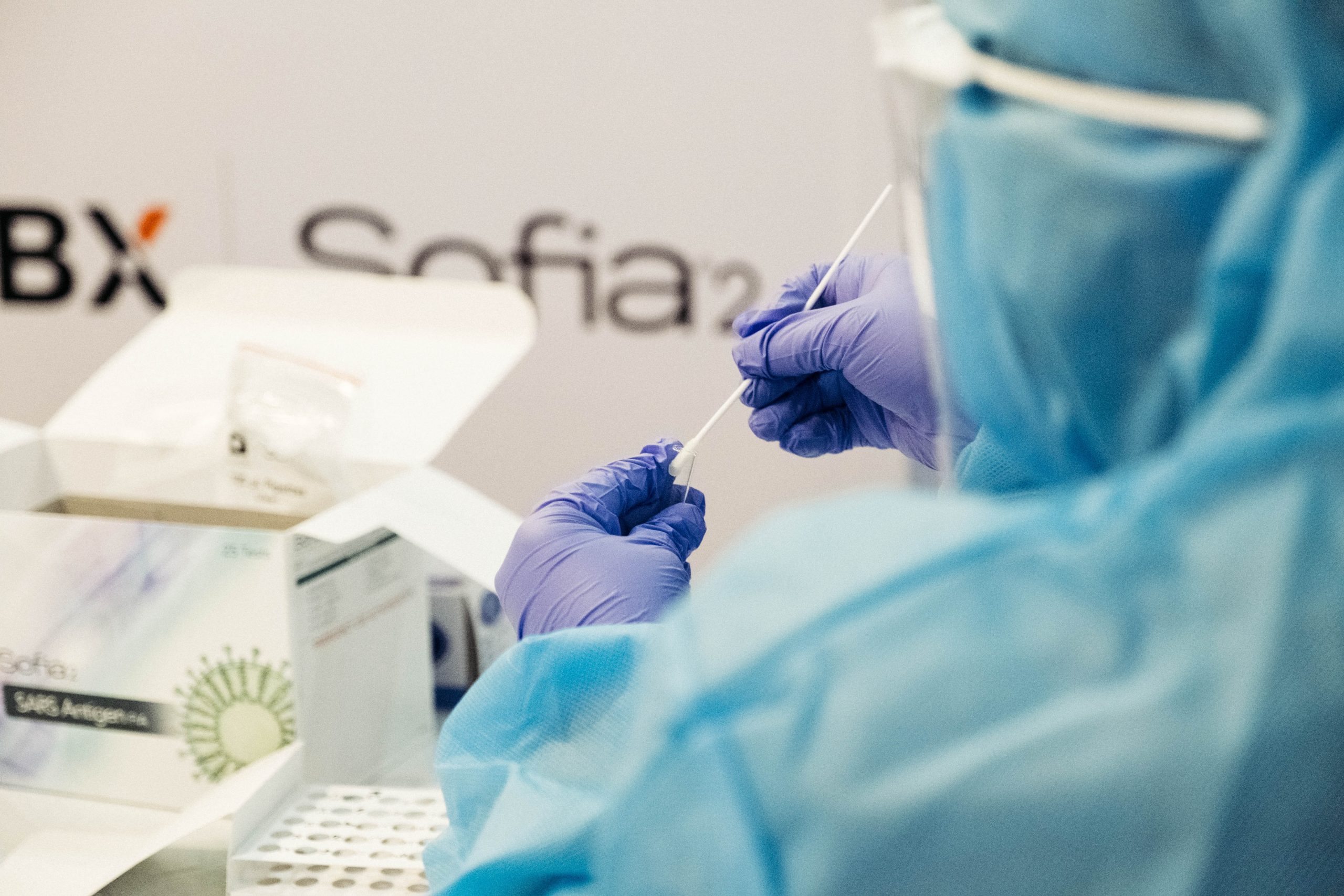World Cup 2022 provides the opportunity to create a novel method of planning large-scale sporting events that takes into account the pandemic’s lessons and strengthens the link between sports and health as a means of rehabilitation.
Health officials from Qatar’s Ministry of Public Health as well as the World Health Organisation have implemented a comprehensive set of measures to mitigate any potential public health risks at this year’s FIFA World Cup Qatar 2022.
The move, part of a three-year Sport for Health partnership between the MoPH and WHO, is designed to guarantee the security of participants, officials, spectators, and nearby residents throughout the global sporting tournament.
Along with health promotion, the partnership maintains a firm pillar on health security in a bid to ensure participants in major athletic events are safeguarded and kept in good health conditions.
To tackle the potential rise of infectious disease epidemics, the partnership oversees risk assessment, mass collection techniques inside and outside of stadiums, event-based surveillance, and risk communications.
An estimated number of 1.5 million fans are expected to visit Qatar for the major sporting tournament.
“Mega sports events like the World Cup are attended by significant numbers of people which has the potential to strain public health and response resources of the host nation or community,” the Director of the Health Protection and Communicable Disease Control Department at the MoPH, Dr Hamad Al Romaihi, said.
Al Romaihi further highlighted Qatar’s evident progress in the health sector, namely the ten new hospitals and 16 new primary health centres operating since 2010, which drastically boosted the country’s capacity across the system.
He also highlighted “an expanded national Ambulance Service and the opening of the region’s largest Trauma and Emergency Center in 2019.”
“We have placed great importance on building a strong, highly skilled team of health-care professionals across the system to lead the delivery of high-quality care to Qatar’s population.”
“All football fans visiting Qatar for the FIFA World Cup can be reassured that, if needed, they will receive health-care services from Hamid Medical Centre teams on par with the very highest international standards,” noted Al Romaihi.
With the help of the Sport for Health collaboration, WHO is assisting MoPH by offering technical advice on how to use the risk-based approach when making plans for high-profile events and improving response capabilities, such as outbreak management.
With the precedent set forth by recent big athletic events such as the Beijing Winter Olympics conducted earlier this year, adequate practices and knowledge was garnered to back technical support in Qatar’s public health expertise.
In recent years Qatar’s health-care workforce has been involved in large-scale tournaments hosted in Doha, namely the 2019 FIFA Club World Cup, the IAAF World Athletics Championships 2019, and the 2021 FIFA Arab Cup.
Qatar benefited from the development of its healthcare system and its science-led strategy to attain one of the lowest Covid-19 mortality rates and highest immunisation rates in the world, according to WHO.
Dr Rayana Ahmad Bou Haka, WHO’s Representative to Qatar said lessons have been learnt.
“Lessons learned during last year’s Arab Cup have shown us that mass gatherings can be successfully delivered if properly managed but they can never be zero risk,” the doctor said.
“Still, associated risk can be decreased by applying tailored, event-specific precautionary measures to the venues, the participants, and the context in which the event takes place, within a general reinforcement of surveillance and public health measures implemented in the host country.
“Now our plan is to build on best practices and recommendations from the FIFA Arab Cup in late 2021, and strengthen health emergency preparedness and ensure maintenance of precautionary measures for containing infectious diseases, including Covid-19, to keep people safe and healthy,” added Bou Haka.
Notably, the 2021 FIFA Arab Cup prompted the country’s third coronavirus wave with, comparatively, much less tickets sold in comparison to the 2022 FIFA World Cup.
Smaller-scale precedents prove otherwise
In the lead-up to the World Cup 2022, Qatar has hosted several sporting events, including its inaugural Formula One GP and the FIFA Arab Cup that concluded on 18 December 2021.
While organisers called for safety protocols and regulations to be followed during the events, huge crowds and a widespread lack of social distancing was observed, with many not adhering to the protocols.
In January, Qatar experienced the onset of a third coronavirus wave, as a spike in cases fuelled by the Omicron variant took over the country.
Dr Soha Al Bayat, head of vaccination at the MoPH noted cases had been rising in the country since November but a significant spike was seen during the last week of December.
Statistics from the ministry of health reported 296 new cases on 26 December 2021, which was the highest since August of that same year. In comparison to the same time in November, an 80% increase was witnessed.
During the Arab Cup last year, a total 476,000 tickets were sold just at the end of the quarter-finals, with the number of tickets allocated exceeding 560,000 following the quarter-finals.
The match between Qatar and the United Arab Emirates, which attracted a record crowd of 63,439, recorded the highest national attendance ever for a sporting event in Qatar.
For the upcoming World Cup, more than two million tickets have already been sold in total, with another one million reserved for sponsors and FIFA.
The 32-team tournament, to be distinguished as the most geographically-concentrated World Cup in history, will kick off on 20 November.
“I don’t perceive there’s any more risk with the World Cup than there’s been with any other mass gatherings,” WHO’s emergencies director, Micheal Ryan, said.
“I have every faith that they will be able to run a successful World Cup and that it will be a spectacle for the world to enjoy.”







